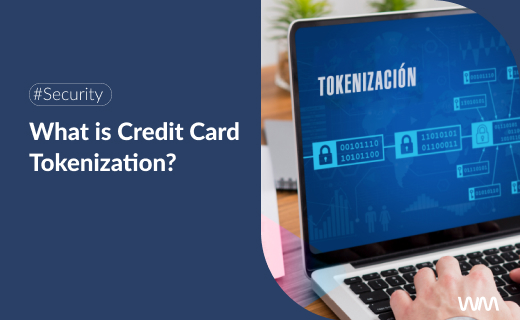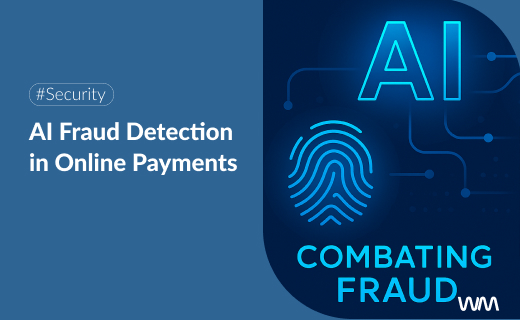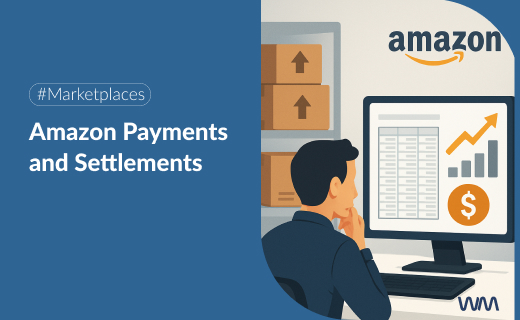Enhance Online Payment Security with Tokenization
Online payments have long faced skepticism from a significant portion of the population. To address this issue, new procedures have been developed over time to ensure the security of online transactions, aiming to restore trust among hesitant online shoppers.
Over a year ago, the Payment Services Directive (PSD2) was implemented, mandating two-factor authentication for online purchases over €30. This is just one example of the increasing measures to secure online payments. Tokenization has emerged as another significant advancement in secure payments, and Wannme integrates this technology into its solutions.
What is Tokenization?
Tokenization is a data protection system that transforms card numbers (PAN) or other sensitive data into tokens.
What is a Token?
Tokens are encrypted data that replace original information to protect transactions and prevent data theft.
What Does Tokenization Mean?
Tokenization refers to a model operating on the principle of security in online transactions. Through algorithmic encryption of original customer data, the Personal Account Number (PAN) is not directly managed in the online transaction. Instead, merchants process transactions using unique tokens rather than the customer’s personal data.
Examples of Tokenization
Tokenization technology is the best method for protecting e-commerce. While we focus on payment security, tokenization is also applied in other online exchanges, such as the creation of asset tokens or digital money. In essence, tokenization can be applied to any information exchange.
Virtual wallets, e-commerce, and banking apps are the main players in managing online payment tokens. Additionally, tokenization in blockchain technology opens a world of possibilities, allowing for the encapsulation of physical assets into digital tokens.
How Tokens Work
Initially, tokens were used as a form of pseudo-currency replacing real currency in financial transactions. In the process of tokenizing online transactions, tokens also play a substitutive role.
A token is the result of a numerical encryption system that creates a code replacing the customer’s banking details. Token Service Providers (TSPs) generate the tokens, adding an extra layer of security to transactions.
Most online payments in e-commerce start with entering the customer’s banking details. When tokenizing an online payment, the payment gateway will request the token from the financial provider. With this information, the merchant can complete the transaction, ensuring the data’s authenticity and security.
As a result, the substitute numerical code is linked to the user and used for future purchases without needing to re-enter original data. Issued tokens are stored in what is known as a token vault.
Benefits of Using Tokenization for Payments
Tokenization makes it increasingly difficult to access and steal sensitive user data. Additionally, tokenization offers several other benefits:
- Speed in Payment Processing: The token associated with sensitive data is irreplaceable. Thus, customers do not need to enter all their banking details again for future transactions.
- Purchase Security: Tokenization helps merchants comply with PCI DSS security standards.
- Encrypted Sensitive Data: The information extracted from tokens has little value, and if accessed, it can be deactivated and replaced with a new one without compromising the original customer data.
- Customer Trust: Operating in a tokenized environment enhances customer trust in payment gateways, reducing purchase hesitation due to security concerns.
- Streamlined Recurring Payments: For repeat customers, tokens expedite processing since the data has already been addressed.
At Wannme, we believe that without security, there are no payments. That’s why our solutions include card identification via tokenization, allowing you to store customer data for future recurring charges.






